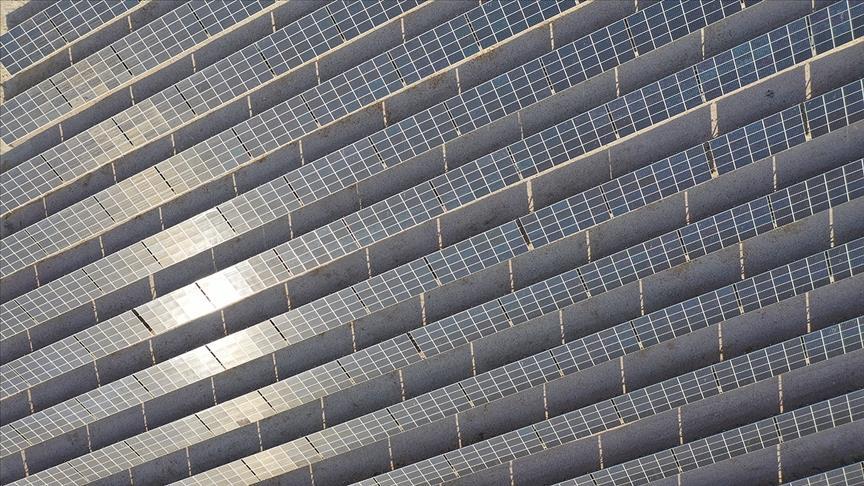Saudi Arabia, the world's largest oil exporter, is following clean energy trends worldwide with a focus on more renewable energy investments, especially in solar power, international renewable energy data showed on Tuesday.
In its attempt to reduce dependence on oil exports, on which most of its economic income is based, the country is allocating vast amounts of financial resources to solar energy investments to diversify its economy away from fossil fuels to green energy.
In line with this goal, the country aims to create 10,000 megawatts (MW) of capacity in clean energy by 2023 within the scope of the Saudi National Renewable Energy Plan, launched under the Saudi Vision 2030 framework.
An investment of between $30 and 50 billion is planned for the development of the renewable energy sector in the country.
Energy Minister Prince Abdulaziz bin Salman announced during a conference in Sakaka on April 8 last week that the Kingdom signed seven agreements to add up to 3,670 MW of capacity from solar power in various parts of the country, as part of its push towards renewable energy under the Kingdom’s Vision 2030.
The country’s second photovoltaic tender in its procurement scheme for renewables last week drew a world record low bid of $0.0104 kilowatts per hour for the 600 MW Al Shuaiba PV installation project.
- National Renewable Energy Plan
According to Saudi Arabia's Renewable Energy Project Development Office, the national plan sets out a specific road map to diversify local energy sources directly in support of reducing carbon dioxide emissions.
The country seeks to increase the actual generation capacity of renewable energy resources to some 58.7 gigawatts (GW) by 2030, with the majority at 40 GW coming from solar.
It also expects that total generation from the projects will reach 5.6 million megawatt-hours and that contributions of renewables to the energy mix will increase to 30% by 2030.
The size of the renewable energy market in the countries of the Gulf Cooperation Council stands at 17 GW and totals 70 GW in the Middle East and North Africa region.
The Kingdom ranked sixth globally in solar energy production potential and 13th for the potential to produce wind energy.
By Busranur Begcecanli and Gulsen Cagatay
Anadolu Agency
energy@aa.com.tr


